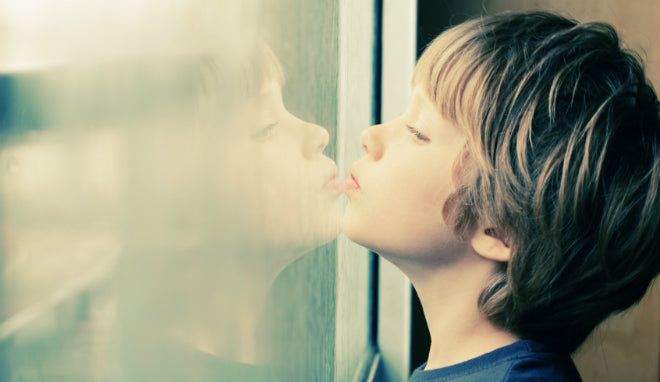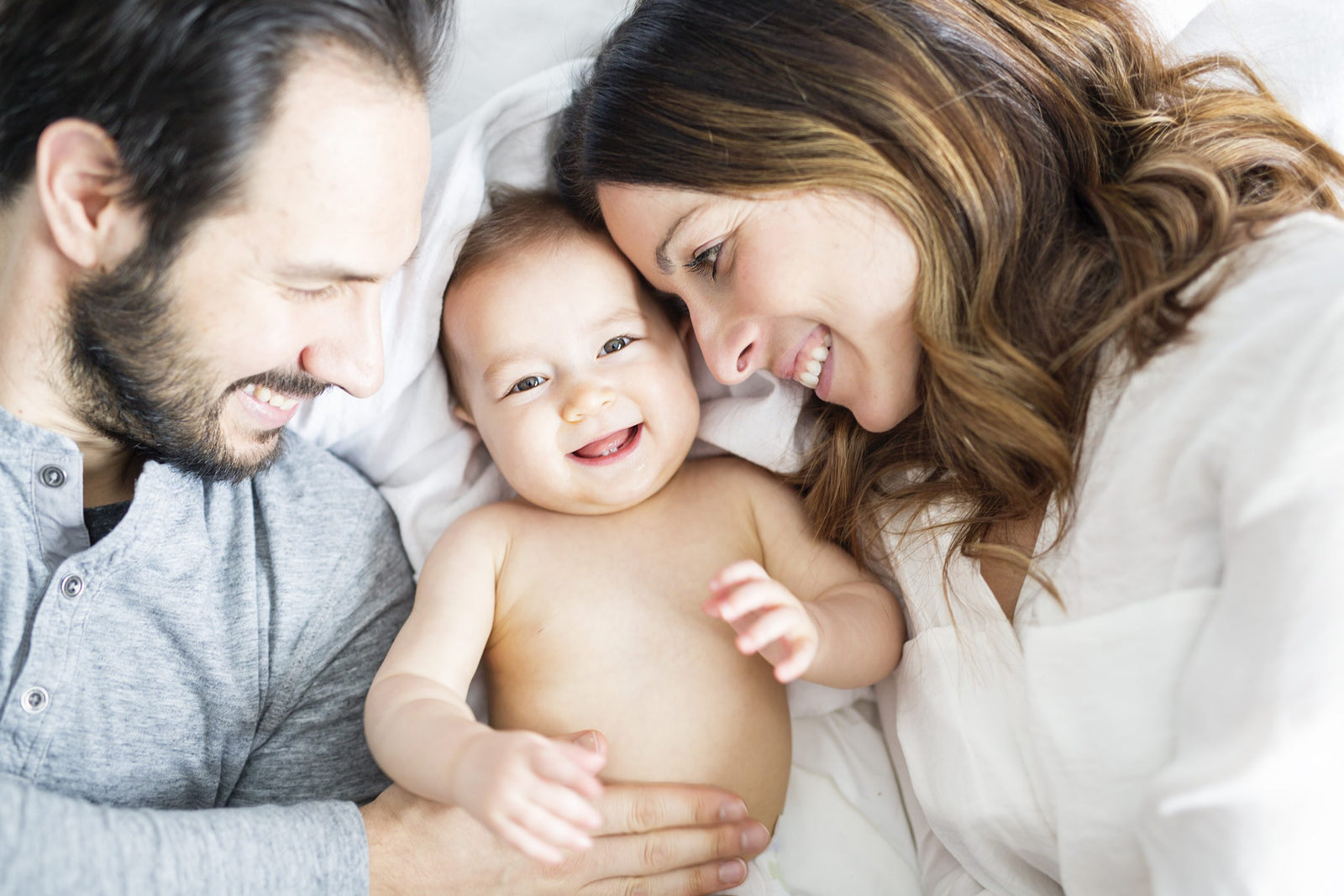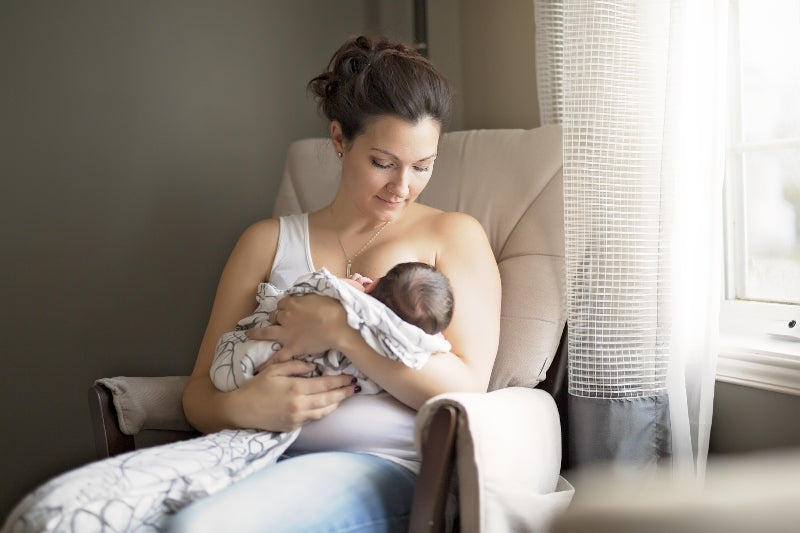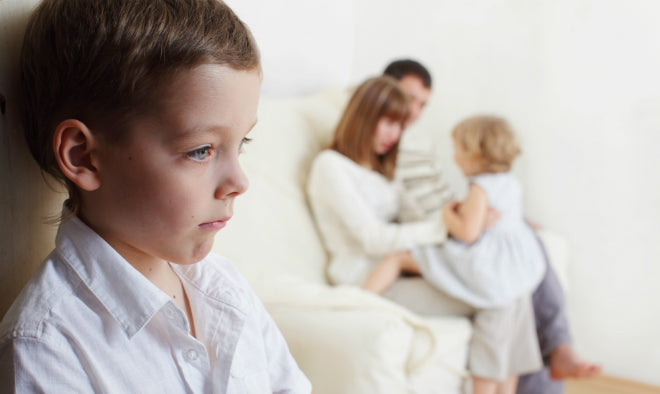" No Go or recommended from a certain age? "
There comes a time in every family when the child is left alone - be it in the playground or at home. It is not uncommon for parents or guardians to ask themselves whether it is legally permissible to leave their children alone? And if so, at what age can children be left unattended without parents breaching their duty of supervision? Even if there are no clear-cut answers to these questions, we would like to provide some guidelines for parents and guardians in the following lines.
Leaving children at home without supervision: What does the law say about parents' duty of supervision?
Every parent has a legal duty of supervision, but this does not mean that they are not allowed to leave their children at home alone. Rather, parents must ensure that the child does not cause any damage or harm. At the same time, however, the law grants children and young people the right to develop independently, meaning that mothers and fathers do not have to watch over their children around the clock until they reach the age of 18. The law states that legal guardians must take the growing needs and abilities of their offspring to act independently into account when bringing them up. Accordingly, children may be left at home as long as the child's mental maturity allows. In addition, all important measures must be taken in advance to avoid potential dangers, such as an unsecured pond in the garden or a hot hob in the kitchen.

Unsupervised, dangerous situations can quickly arise
Here is an example
If matches are left in the home where the adolescents are alone overnight, parents or guardians are inevitably in breach of their duty of supervision. This means that they may be liable themselves in the event of damage. However, if they had hidden the matches before leaving the home, they would not be in breach of their duty of supervision.
From a legal perspective, the upbringing of a child is therefore caught between control and care on the one hand and the right of the little ones to independent personal development on the other.
It is therefore not clearly regulated whether, when and for how long they may be left alone and to what extent mothers and fathers must constantly supervise them. However, the child does not have to be under the constant care of a parent and may therefore stay at home alone if this is responsible.
Toddlers, primary school children and teenagers at home alone: how long is "okay"?
Parents are not in breach of their duty of supervision if their children are not accompanied to school or the playground every day. The same applies to staying home alone. However, mothers and fathers must make these decisions with extreme caution, as it is important to adhere to a number of rules that are strongly based on educational principles but also follow practical legal precedents. Basically, the younger and less independent the children are, the more they need to be supervised by their parents.

Primary school children can also keep themselves busy at times
- Children under the age of 3 must be supervised at all times and must not be left at home alone at all. Not only can the little ones quickly put themselves in danger, but separation anxiety is still very high at this age.
- Children between the ages of 4 and 7 can be left unattended at home for 10 to 30 minutes at a time, but only in safe areas or safe rooms such as your own home if possible. If children of this age are left alone at home, an adult supervisor should still always be nearby to supervise the children if the situation requires it.
- Primary school children can usually do without mom and dad for up to 2 hours without any problems. Perhaps you can keep them occupied during this time with a nice handicraft work or give them their favorite cuddly toy by their side! Even older children may also be left alone overnight, provided they are mentally mature enough. For teenagers aged 14 and over, there are no restrictions on leaving them alone - either during the day or at night. Even a cuddly toy or cuddly toy or should no longer be necessary!
Leaving teenagers and children home alone: Precise arrangements are extremely important
Before mom and dad leave the apartment and close the door behind them, there are a few things they should consider and do in advance. Of course, it is important to make it clear to your children that they are not allowed to open the door to anyone if the doorbell rings. It is also crucial that the little ones know when their mother or father will be home and how they can be contacted by phone while they are away. Of course, all sources of danger that could pose a risk of injury must also be eliminated.
If you want to leave your daughter or son alone, you should not only consider their actual age, but also their mental maturity. In addition, you must take into account the so-called "predictability" of harmful behavior in your decision, because if your offspring tends to break things all the time, you may not want to leave your child at home unsupervised - neither during the day nor at night.

Babysitters or older siblings should look after the little ones
Having children supervised by older siblings - is that allowed?
Mothers and fathers often come up with the idea of handing over responsibility to their older brother or sister when the children are home alone. In principle, this is not a problem, at least as long as the two of them are close enough in age. However, you should be careful with siblings of (almost) the same age, as this can quickly lead to small power struggles when mom and dad leave the apartment and the two of them supervise each other. It is also possible that both will try to get up to mischief together. An age gap of 4-5 years is therefore a good prerequisite.
Conclusion - when children are allowed to stay alone
The legislator has not made any clear regulation that decides whether, when and for how long children may stay at home alone. It is up to mothers and fathers themselves to not only know the actual age of their offspring, but also to take their basic behavior and character into account when making decisions. No one knows your daughter or son as well as you do. That is why you are best placed to decide how much you can trust him or her.











